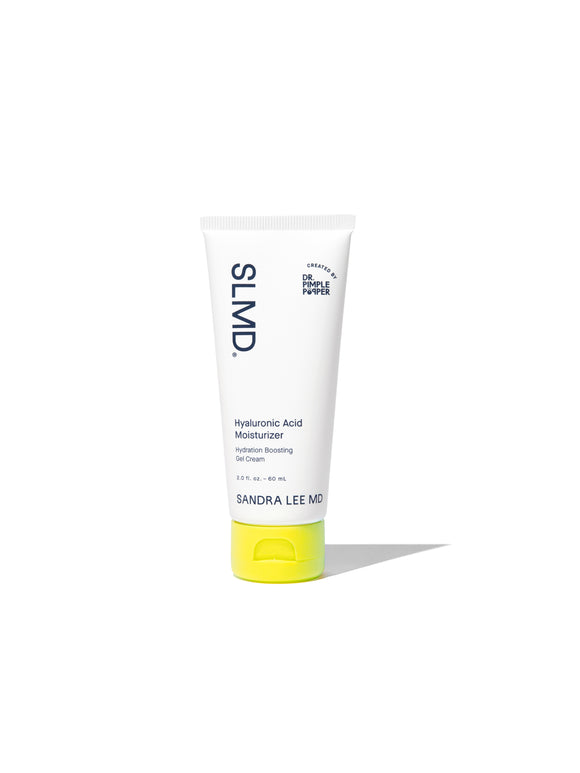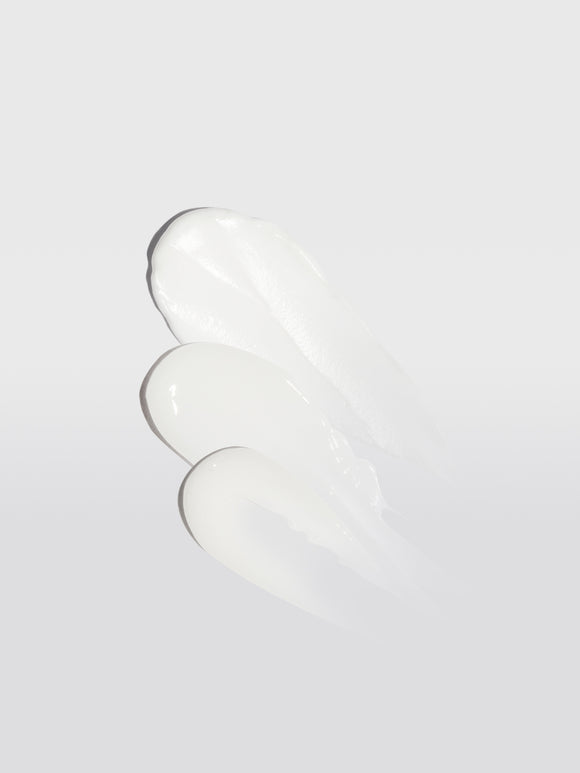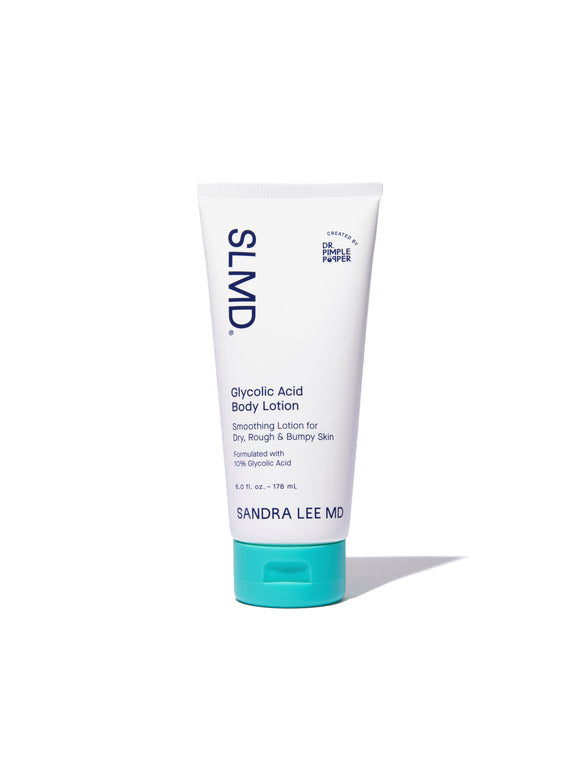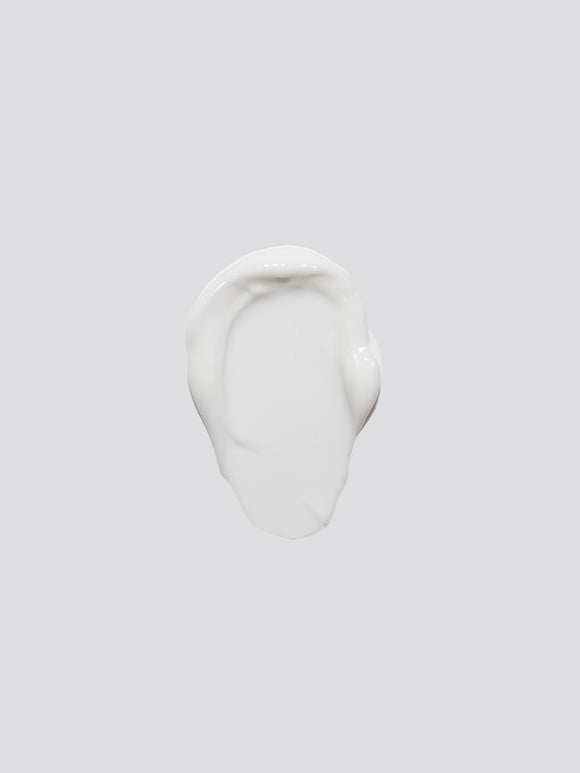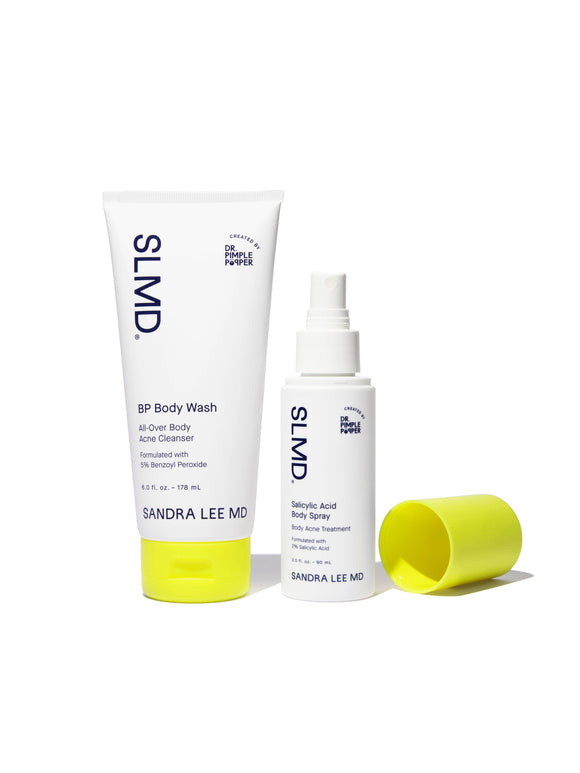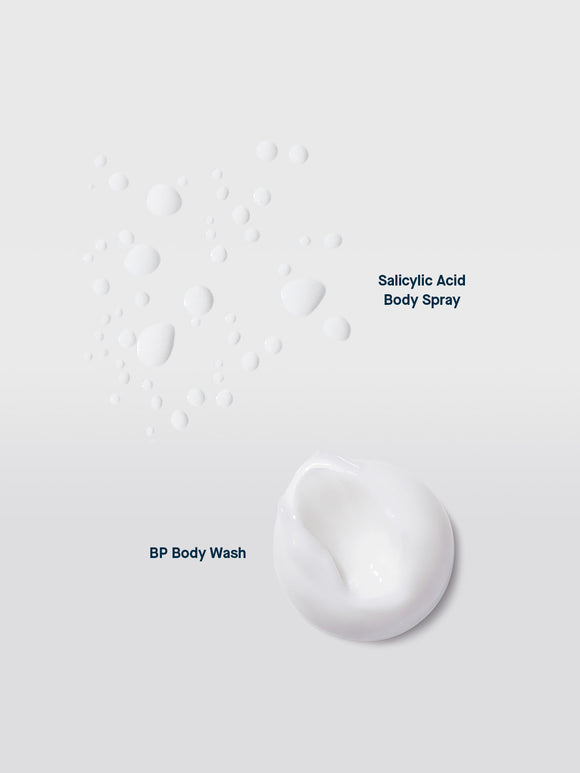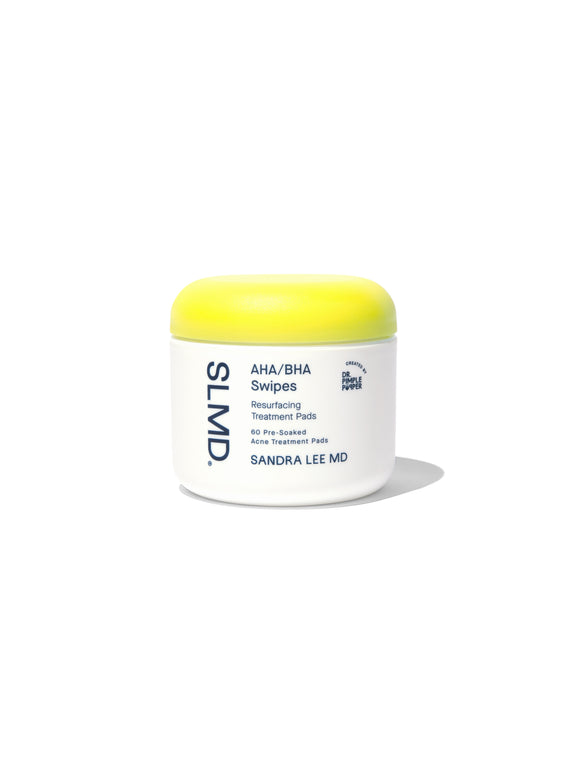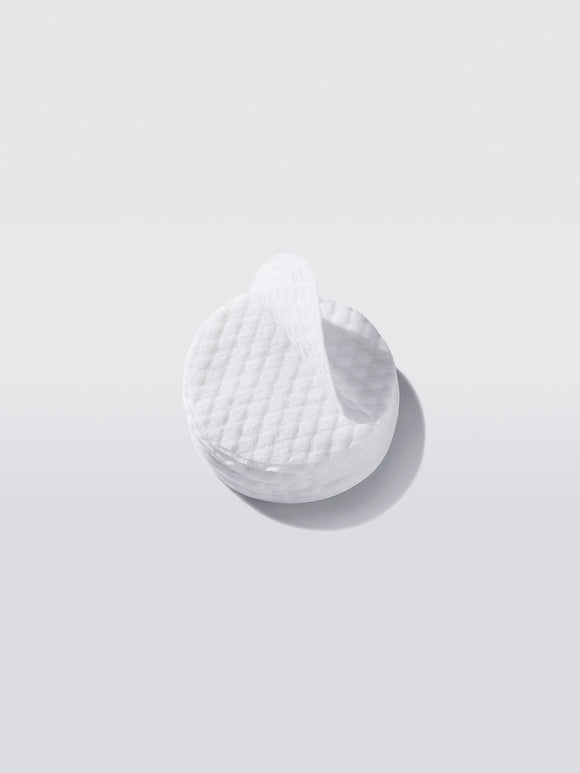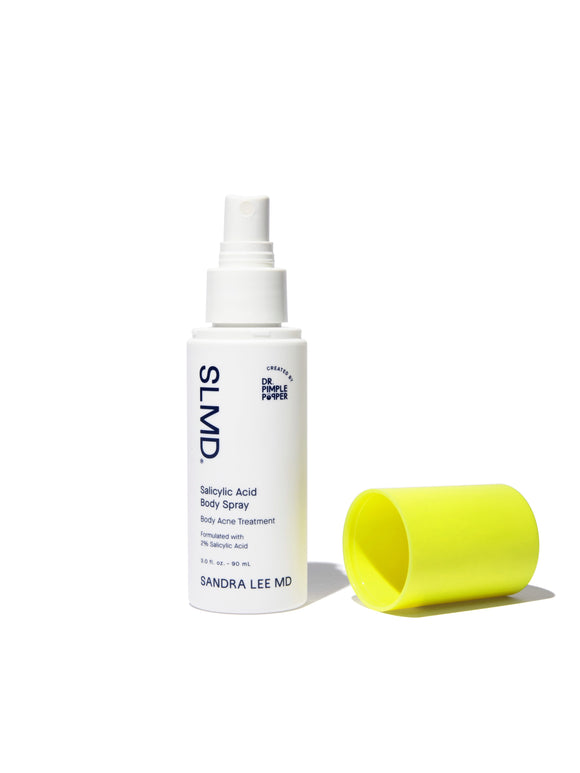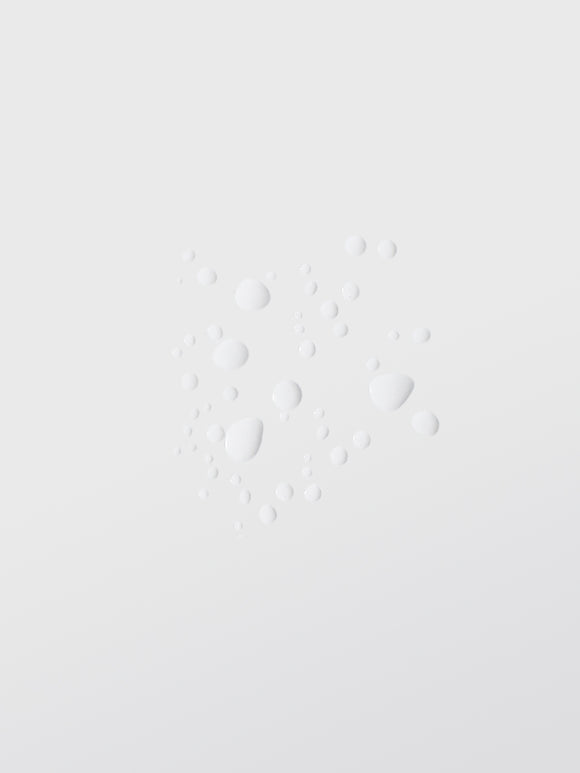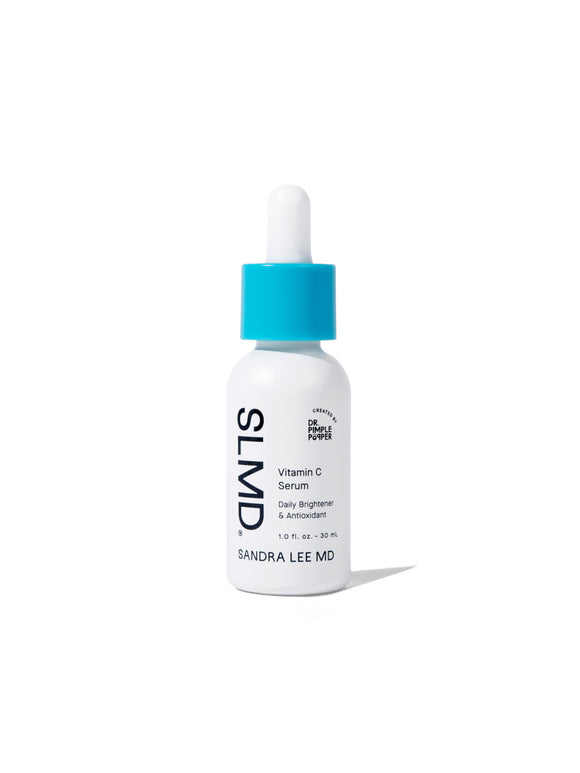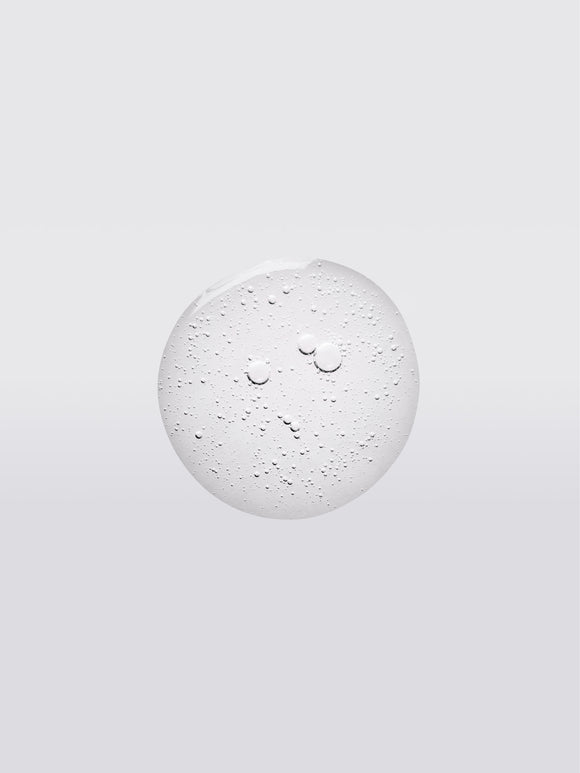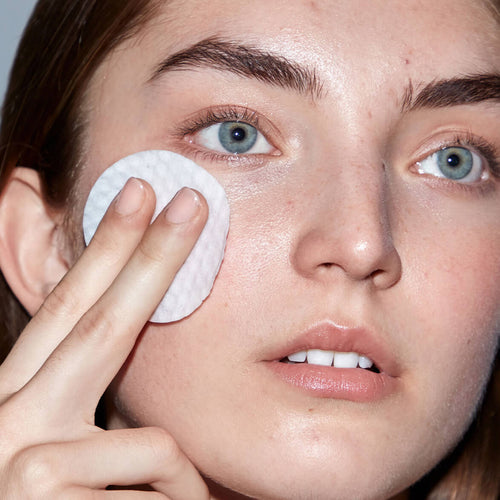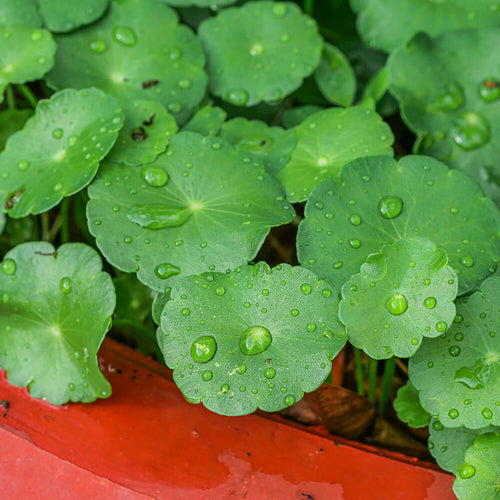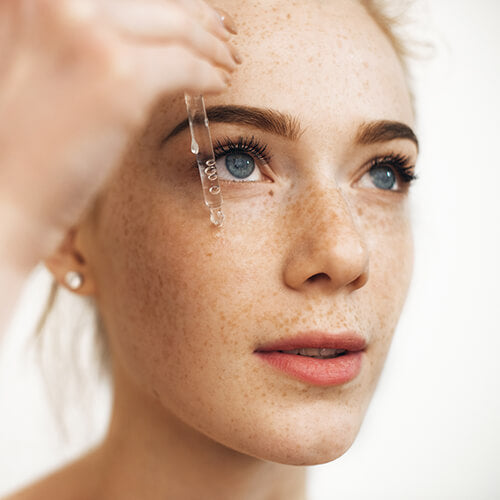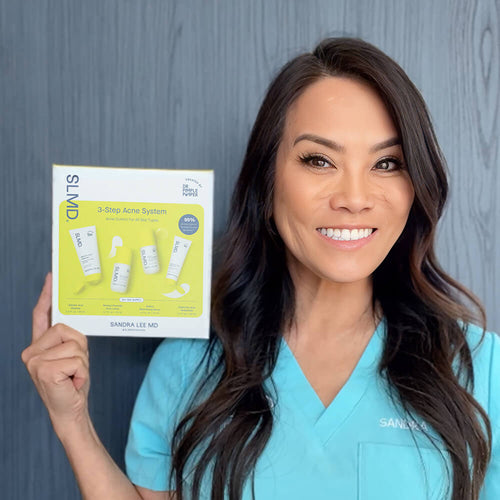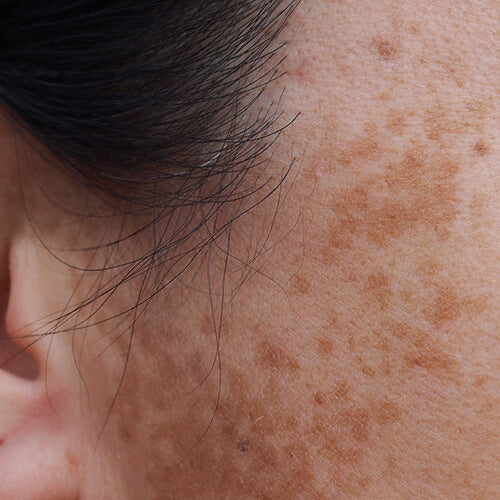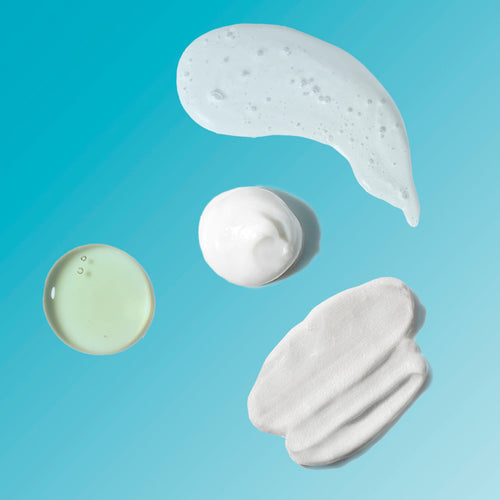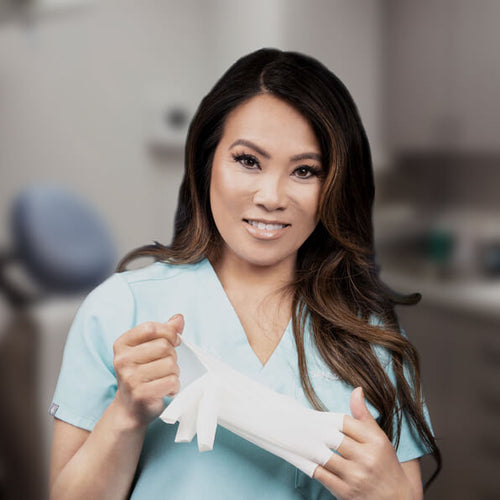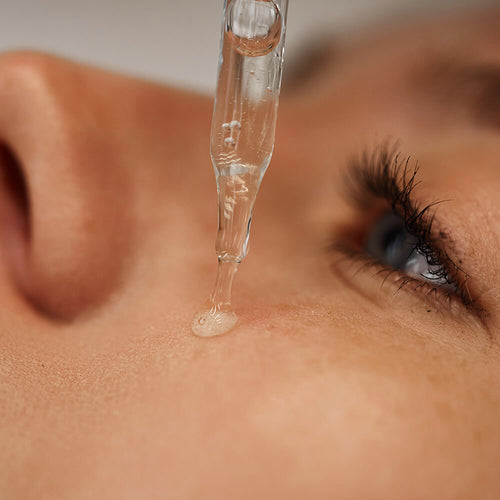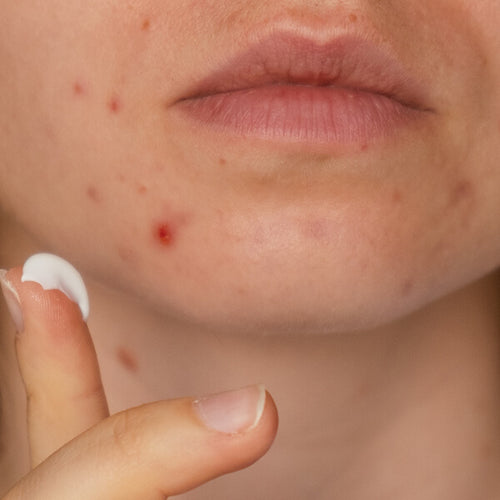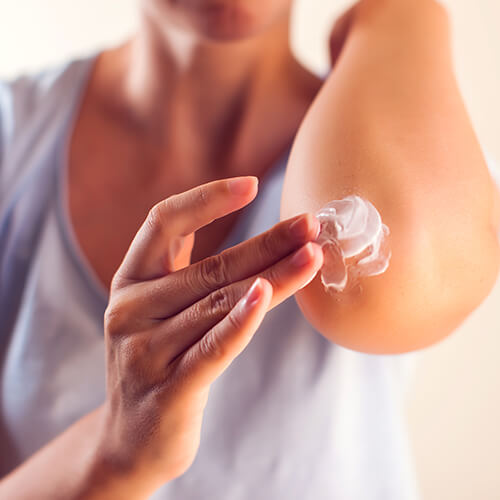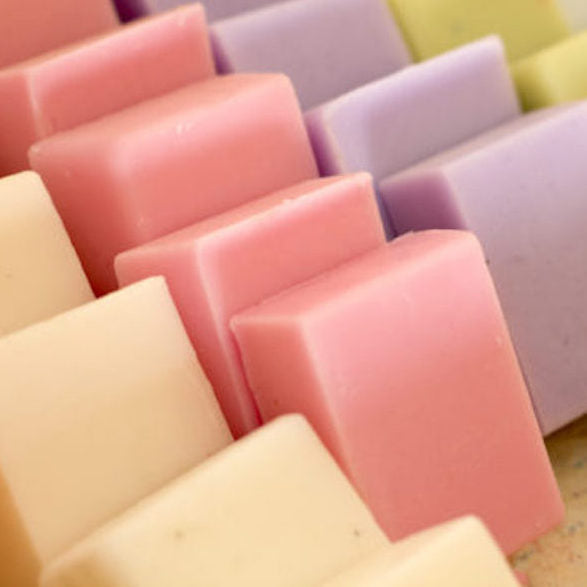
Ingredient Spotlight: Glycerin
This skincare OG is one of the most effective, versatile and well-tolerated hydrating powerhouses around.Published:
3 minute read
Do you find yourself slathering on moisturizers only to find your skin still scaly and parched moments later? Dealing with dry skin can be a real struggle. If this sounds like your daily skincare battle, it might be time to bring in a secret weapon: glycerin.
Now, before you picture your grandma’s soap, let's set the record straight. Glycerin is not just a throwback ingredient; it's a hydration powerhouse naturally found in our bodies and a key player in effective skincare. Here’s a closer look.
Article Quick Links
What is glycerin, exactly?
Glycerin was discovered by a German chemist all the way back in 1783. It’s a colorless, odorless, non-toxic and sweet-tasting liquid that also goes by the names glycerine or glycerol.
Technically speaking, it’s made of carbon, hydrogen, and oxygen — but more practically, glycerin has antimicrobial and antiviral properties, and is FDA-approved for treating wounds.
Glycerin is a natural humectant that can be extracted from plant oils like coconut and soybean. Skincare manufacturers can also create it artificially.
How does glycerin work?
Naturally occurring glycerin in the skin is a key component of the skin's natural moisturizing factor (NMF). The NMF is a collection of compounds that maintains the skin's hydration. Glycerin plays a crucial role by attracting and holding onto water, preventing the skin from becoming dry and maintaining its suppleness.
Time for a bit of cosmetic chemistry: glycerin is a humectant, which means it draws water from the deeper layers of your skin and brings it to the outer layer, giving your skin a major hydration boost. But here’s the magic: as glycerin attracts water to the skin's surface, it doesn't stop there. It forms a thin and almost imperceptible barrier or film on the skin.
This creation of a protective layer serves as a shield, reducing the evaporation of water from the skin. Think of it like a moisture-locking mechanism. This dual-action effect enhances glycerin's humectant action, helping to lock in the moisture it attracts. The result? Longer-lasting hydration and a smoother skin texture. And bonus – this effect doesn’t leave skin feeling heavy or greasy.
Dr. Pimple Popper's Glycerin Picks
What are the skincare benefits of glycerin?
Glycerin isn’t just for dry skin – it’s a multi-talented player in the skincare game. Here are the highlights:
- Intense hydration: draws water to the skin's surface, providing deep, lasting hydration
- Healing properties: strengthens the skin barrier
- Balancing oily skin: helps balance moisture levels, preventing excess oil production
- Minimizes signs of aging: Fights off dryness, reducing the look of wrinkles and fine lines
- NMF contributor: a key player in the skin's natural moisturizing factor (NMF)
Whether your skin craves moisture, healing support, or a bit of balance, glycerin steps up with its versatile skincare benefits.
What skin concerns/conditions does glycerin help with?
With its variety of healthy skin benefits, it’s no wonder that glycerin can help manage a number of skin issues, including:
- Sensitive skin: it’s gentle and non-irritating
- Acne-prone skin: provides non-comedogenic hydration
- Eczema and psoriasis: calms irritation
- Dry skin: acts like a moisture magnet to combat dryness
- Uneven skin tone: promotes hydration and reduces dry patches
- Sunburn relief: a cooling balm for sunburned skin
- Aging skin: addresses fine lines and wrinkles
How to incorporate glycerin into your skincare routine
When you’re shopping for skincare, keep an eye out for glycerin on labels, and remember, it might go incognito as glycerol or glycerine. As with any skincare product, it’s important to consider your skin type and skin concern(s) when trying something new.
Because it’s so versatile and generally safe for all skin types, you can find glycerin in a wide variety of products — from cleansers and toners to serums, lotions and ointments. If you have oily skin or acne, look for products that are more lightweight, with labels like “non-comedogenic” or “formulated for acne-prone skin.” Those with drier skin types can choose products with heavier emollients that really seal in moisture.

Dr. Lee's Last Word
Glycerin is one of those unsung heroes in the skincare world. It’s been around forever — and for good reason. It’s one of the most effective humectants known, and it’s typically well tolerated by all skin types.



